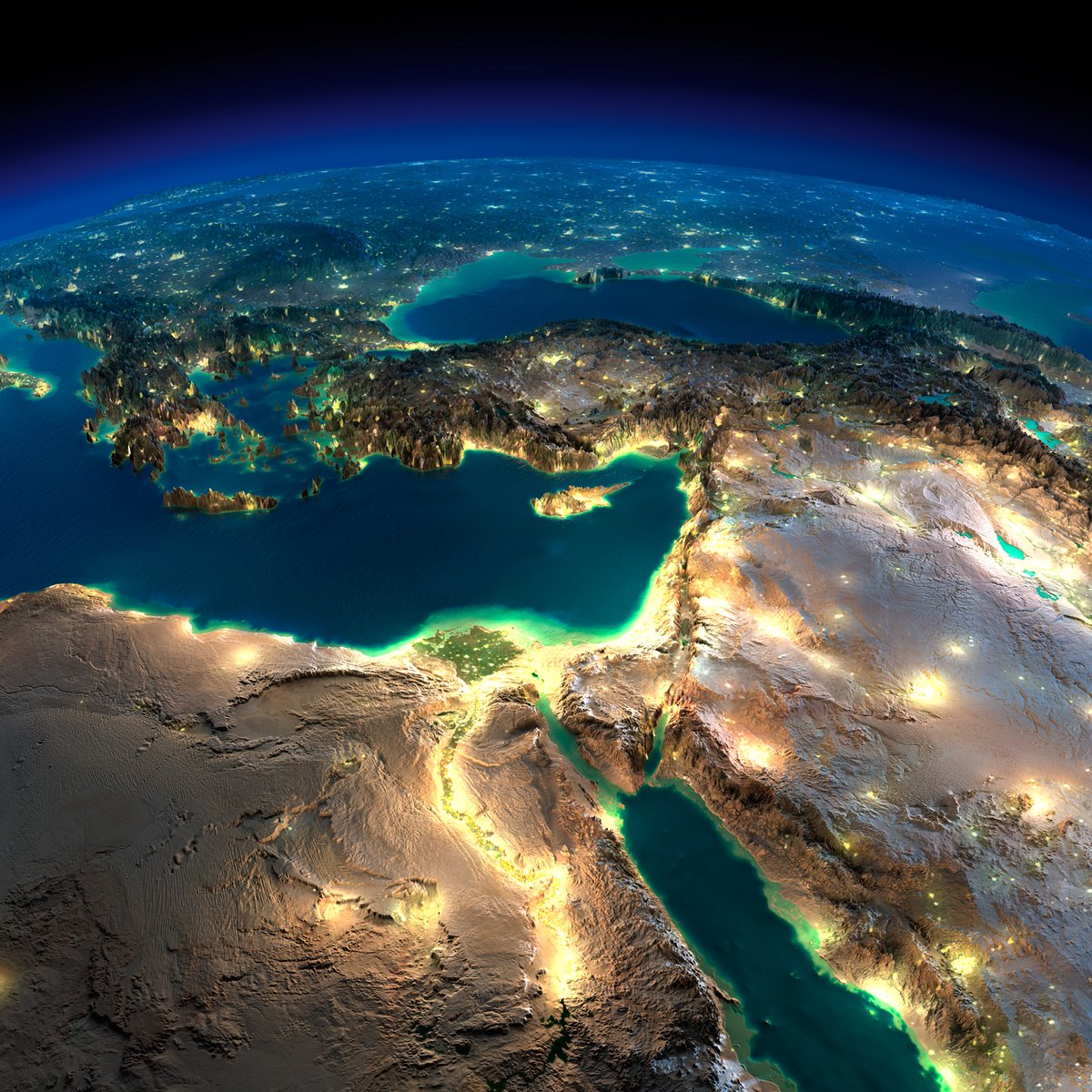What is the meaning and the source of Vidui, (confession), the prayer that begins “Ashamnu, bagdnu, gazalnu”, that we say during Selichot and Yom Kippur, beating our heart and confessing collectively our sins? 

The answer is that it dates back to the Temple sacrifices, specifically to the sin offering on which a sinner confessed their sin by saying “Chatati aviti pashati”, “I have done wrong, I have sinned”, and then specified the sin.
Though we no longer have the Temple or the sin offering, Vidui, the act of confession, still exists and still has its original power, and is, according to Maimonides, the biblical core of the mitzvah of teshuvah itself. What does Vidui actually mean?
It means standing in court, pleading guilty, and then throwing yourself on the mercy of the court in the knowledge that God is indeed merciful, “kel rachum vechanun”, that He forgives, “venislach lechol adat Bnei Yisrael”, that Judaism itself is a culture of forgiveness.
Now imagine an unforgiving culture, much like the one that exists throughout most of the contemporary West; the culture of viral videos and hashtags and so on. In an unforgiving culture, what do you do?
You bluff. You do anything possible to avoid confession. You hope no-one finds out what you’ve done. If they do, then you deny it for as long as you can.
But in a culture of forgiveness like Judaism, and especially on the days of selichot and Yom Kippur, you can do the opposite. You can be honest.
You can express remorse. You can acknowledge that you are not proud of everything you did. You can commit yourself not to repeating that sin in future.
The end result is you can grow, and that is so much better than the alternative. Honesty and moral growth are a lot better than bluff and denial and being haunted by guilt.
So, confession frees us to be honest about ourselves, to identify our failings, and then, morally, to grow. Viduy really is an act of purification and of moral growth.
• • •
Missing some Tweet in this thread? You can try to
force a refresh









